Introduction
Planning to visit Pakistan? You’re in for an adventure! With its vast landscapes, rich culture, and welcoming people, Pakistan offers something for every type of traveler. However, to make your trip smooth and enjoyable, there are a few essential things to know. From its towering mountain ranges to its flavorful cuisine and ancient history, here are 16 things you need to know about visiting Pakistan.
1. The Diversity of Pakistan’s Landscapes Read 16 Things You Need to Know About Visiting Pakistan
From Mountains to Deserts – Pakistan Has It All
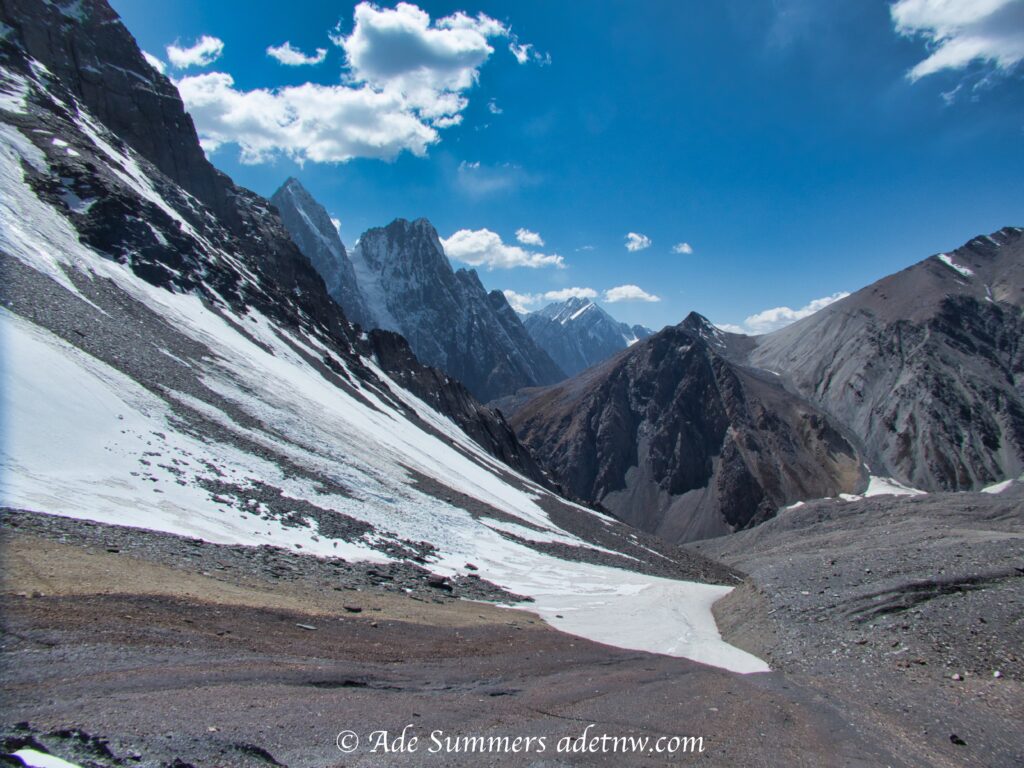
One of the first things you’ll notice when you visit Pakistan is the country’s incredible landscape diversity. Whether you’re looking for adventure or relaxation, Pakistan has it all. You’ll find the snow-capped peaks of the north, the sprawling deserts of Sindh, and the coastal shores of Balochistan.
The Northern Mountains: Karakoram, Himalayas, and Hindu Kush
The northern region of Pakistan is home to some of the world’s highest and most breathtaking mountains. These include three major mountain ranges: the Karakoram, Himalayas, and Hindu Kush.
- Karakoram Range: Famous for having K2, the second-highest peak in the world, the Karakoram is ideal for serious mountaineers. It’s rugged, remote, and incredibly challenging.
- Himalayas: The western edges of the Himalayas extend into Pakistan, offering stunning scenery and easier treks compared to Karakoram.
- Hindu Kush: This lesser-known range is equally beautiful, with its alpine valleys and towering peaks. Trekkers can enjoy less crowded routes and hidden gems.
For anyone interested in adventure travel, these ranges offer trekking, camping, and mountaineering opportunities. However, these adventures require thorough preparation and the right gear.
Essential Gears for Adventure Travel in Pakistan’s Mountains
Adventure travel in Pakistan, especially in high-altitude regions, demands certain essential gear. Some must-have items include:
- Sturdy hiking boots: Essential for the rocky and uneven terrains.
- Thermal wear and waterproof layers: The temperatures can drop drastically at higher altitudes.
- Trekking poles: Useful for stability on steep or rocky paths.
- Climbing gear: If you’re planning to summit peaks like K2 or Rakaposhi.
- First aid kit: Always carry basic medical supplies, especially when trekking in remote areas.
2. A Rich Historical Tapestry
Ancient Civilizations – History That Dates Back Thousands of Years
Pakistan’s history is a treasure trove for history lovers. The country has been home to some of the world’s oldest civilizations, including the Indus Valley Civilization.
Mohenjo-Daro and Harappa
Mohenjo-Daro and Harappa, both part of the Indus Valley Civilization, are a must-visit for history buffs. These ancient cities, which date back to 2500 BCE, showcase advanced urban planning and social organization, offering a window into one of the earliest known civilizations.
Mughal Architecture – Grand Monuments Across the Country
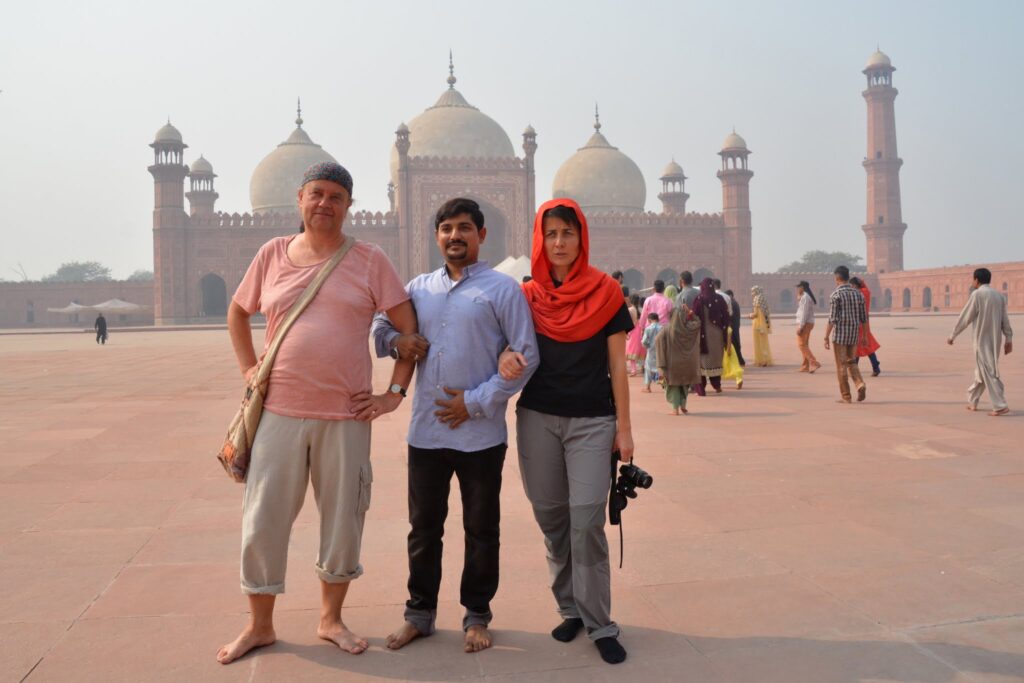
The Mughal Empire left a lasting mark on Pakistan, evident in its stunning architecture. Monuments like the Badshahi Mosque and Lahore Fort are prime examples of this. These grand structures highlight the artistic and cultural brilliance of the Mughals.
3. A Warm and Welcoming Culture
The Tradition of Hospitality – A Warm Welcome Awaits You
Pakistani people are known for their incredible hospitality, which is an integral part of their culture. Don’t be surprised if locals go out of their way to help you or invite you to their homes.
“Mehmaan Nawazi” (Guest Culture)
In Pakistan, there’s a deep-rooted tradition of treating guests with utmost respect. Known as Mehmaan Nawazi, this is a cultural norm that extends beyond mere politeness. In rural areas especially, you may find that people are more than happy to share their food, home, and stories with you.
4. Dress Code and Cultural Sensitivity
Traditional Dress Expectations – Respect Local Norms
While Pakistan is generally relaxed about clothing, especially in cities like Karachi and Islamabad, modest dress is appreciated, particularly in rural and religious areas.
For Men and Women
For men, wearing shalwar kameez or casual clothing like jeans and shirts is acceptable in most areas. For women, it’s advisable to wear modest clothing and carry a scarf for visiting religious sites. Respecting the dress code will help you blend in and show cultural respect.
5. Language – Urdu and English
Communication in Pakistan – Urdu is the National Language
Urdu is Pakistan’s national language, but English is widely spoken, especially in urban areas. This makes it relatively easy for visitors to communicate. Learning a few basic phrases in Urdu, however, will definitely make your trip more enjoyable.
Learning Basic Urdu Phrases
Here are some useful phrases to get you started:
- “Shukriya” – Thank you
- “As-salamu alaykum” – Peace be upon you (common greeting)
- “Aap kaise hain?” – How are you?
6. Safety and Security
Travel Advisories and Current Situation – Know Before You Go
Pakistan has improved its security situation significantly in recent years, making it a safer place to visit. However, it’s essential to check travel advisories before you go. Some regions, especially those near the Afghan border, may still pose risks, so always stay informed. In the past Pakistan image was bad around the world but now many people visited and put their testimonials of its safety and peace.
If you are interested to visit Pakistan feel free and without a hassle plan your trip and enjoy your favorite holiday destinations. This 16 things you need to know about Pakistan will help you plan what to do before visiting Pakistan.
Understanding the Regions – Safe Areas for Tourists
While regions like Islamabad, Lahore, and Karachi are generally safe for tourists, it’s wise to consult local authorities or guides when planning trips to the northern areas.
7. Food in Pakistan – A Culinary Journey
Exploring Traditional Dishes – Pakistan’s Rich Cuisine
Food lovers are in for a treat! Pakistan’s cuisine is as diverse as its landscape. From spicy biryani in Karachi to rich nihari in Lahore, there’s no shortage of flavors to try.
Famous Dishes by Province
Each province has its own specialty dishes. In Punjab, you can savor rich, slow-cooked meats like nihari, while Sindh offers the spicy delights of biryani. Don’t forget the vibrant street food scene in cities, offering treats like golgappay, samosas, and chaat.
8. Currency and Money Matters
Pakistan Rupee and Payment Methods – Cash is King
The official currency is the Pakistani Rupee (PKR). While credit cards are widely accepted in cities, it’s always a good idea to carry cash, especially when visiting smaller towns or rural areas.
Cash vs. Cards – When to Use What
Many small shops and vendors only accept cash, so it’s better to keep some Pakistani Rupees (PKR) on hand at all times. On the other hand in big shops, hotels and restaurants accept credit cards as well. Shopping in the small cities are cheaper than the towns and most places have variety and quality too. Most importantly, the touristic bazaar in Hunza and Islamabad have variety of materials.
9. The Best Time to Visit
Seasonal Weather Patterns – When to Plan Your Trip
Pakistan’s weather varies greatly depending on the region. Summers are perfect for exploring the northern mountains, while winters are better for visiting the southern cities and coastal areas. In this 16 things you need to know about visiting Pakistan has some information to guide you.
The best season adventure holidays is June to September and lower places like the
Summer vs. Winter Visits
If you’re planning on trekking, summer (May to September) is ideal. However, for cultural tours in cities like Lahore or Karachi, the cooler months from October to February are best.
10. Tourist Visas and Entry Requirements
Obtaining Your Visa – Easy Online Applications
Most travelers require a visa to enter Pakistan. Thankfully, the e-Visa system simplifies the process for many nationalities, allowing you to apply online before you travel.
e-Visa Options – Check Eligibility
Make sure to visit the official website for the latest visa information, and always double-check your eligibility and visa requirements.
11. Transportation Within Pakistan
Flights, Trains, and Buses – Getting Around Made Easy
Pakistan’s transportation network includes domestic flights, trains, and buses, making it relatively easy to get from one place to another. Air travel is the most convenient way to cover long distances, while buses and trains offer more scenic, budget-friendly options.
Domestic Air Travel – Quick and Efficient
Domestic flights connect major cities, and are often the fastest way to travel across long distances.
12. Religion and Respecting Local Customs
Islamic Practices – Show Respect
Pakistan is a predominantly Muslim country, and respecting local customs, such as dressing modestly and observing the call to prayer, is important.
Observing Ramadan and Prayers
If you’re visiting during Ramadan, remember that many people fast from dawn to sunset, and restaurants may be closed during the day. Your organizer knows in the different destinations where you can eat in these days because some places are open for travelers and non-fasting people. This guide 16 things you need to know about visiting Pakistan covers all necessary information.
13. Adventure Opportunities
Trekking and Mountaineering – Explore the Wild Side of Pakistan
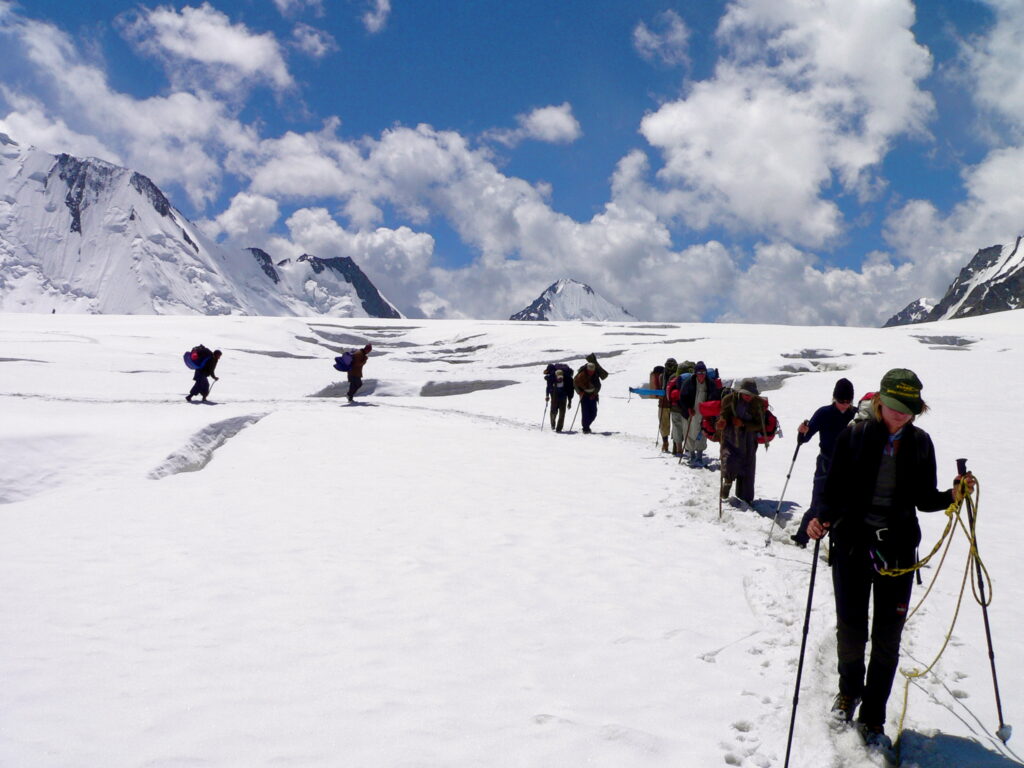
Pakistan is a paradise for adventure seekers, offering world-class trekking, camping, and mountaineering. Read these 16 things you need to know about visiting Pakistan as well as the post about adventure trips in Pakistan on this website. Without a doubt you will enjoy your trip Pakistan.
K2 and the Karakoram Range
If you’re a serious adventurer, trekking to K2 Base Camp or summiting some of the smaller peaks in the Karakoram Range will be a thrilling experience.
14. SafetyWing Travel Insurance – Don’t Travel Without It!
When traveling to a country like Pakistan, it’s crucial to have proper travel insurance. Companies like SafetyWing offer reliable coverage, especially for adventure travelers. From health emergencies to lost luggage, travel insurance protects you against unforeseen incidents. It’s a small price to pay for peace of mind! Make sure you follow these 16 things you need to know about visiting Pakistan.
15. Accommodation Options
Hotels, Guesthouses, and Campsites – Something for Every Budget
Pakistan offers a wide range of accommodation, from luxury hotels in major cities to affordable guesthouses and campsites in the mountains. By going through this post 16 things you need to know about visiting Pakistan in Trips Nomad website will help know many thing about traveling.
16. Shopping in Pakistan
Traditional Crafts and Souvenirs – What to Bring Home
Don’t leave Pakistan without picking up some handmade crafts. Popular souvenirs include Peshawari sandals, handwoven shawls, and traditional jewelry.
Conclusion
Visiting Pakistan is an enriching experience filled with history, culture, and natural beauty. From its towering mountains to its welcoming people, there’s something for every traveler. Prepare well, respect local customs, and you’ll have an unforgettable journey! Don’t miss this 16 things you need to know about visiting Pakistan post before planning your trip.
Frequently Asked Questions (FAQs) About 16 things you need to know about visiting Pakistan
1. Do I need a visa to visit Pakistan?
Yes, most travelers need a visa. You can apply online via the e-Visa system. This post with 16 things you need to know about visiting Pakistan has all the information what you need.
2. Is Pakistan safe for tourists?
Yes, Pakistan has become safer in recent years, though it’s important to check travel advisories.
3. What is the best time to visit Pakistan?
The best time to visit depends on the region. Summer is great for the mountains, while winter is ideal for southern cities.
4. What should I wear in Pakistan?
It’s best to dress modestly, especially in rural areas. For women, carrying a scarf is recommended.
5. Do I need travel insurance for Pakistan?
Yes, it’s highly recommended to have travel insurance, especially for adventure travel. SafetyWing offers great options for coverage.
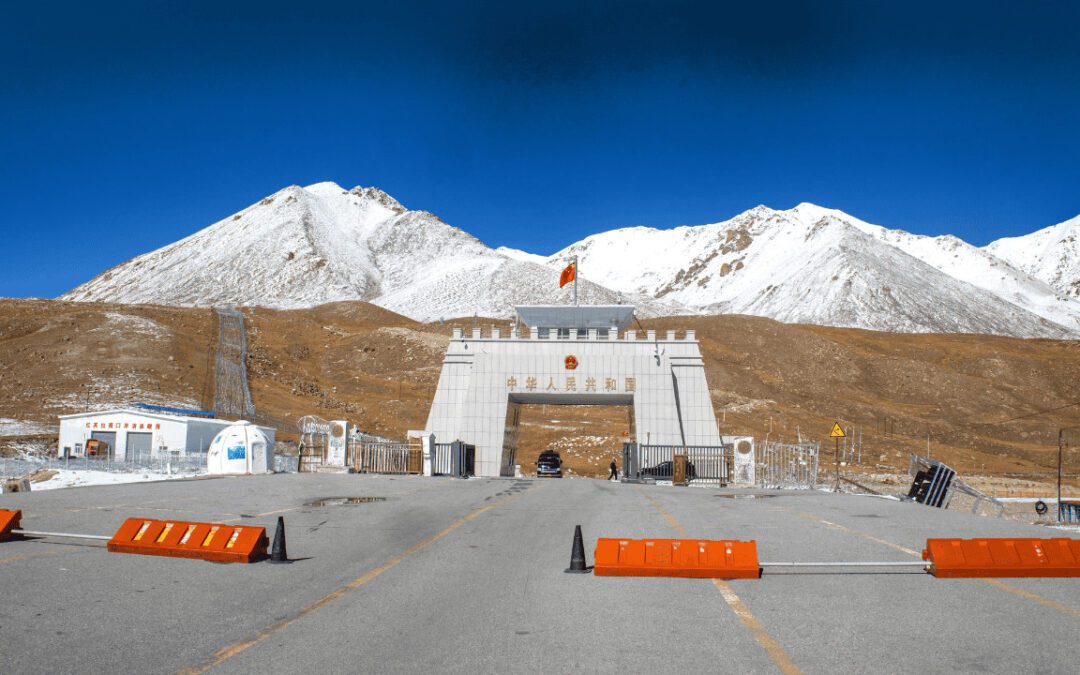
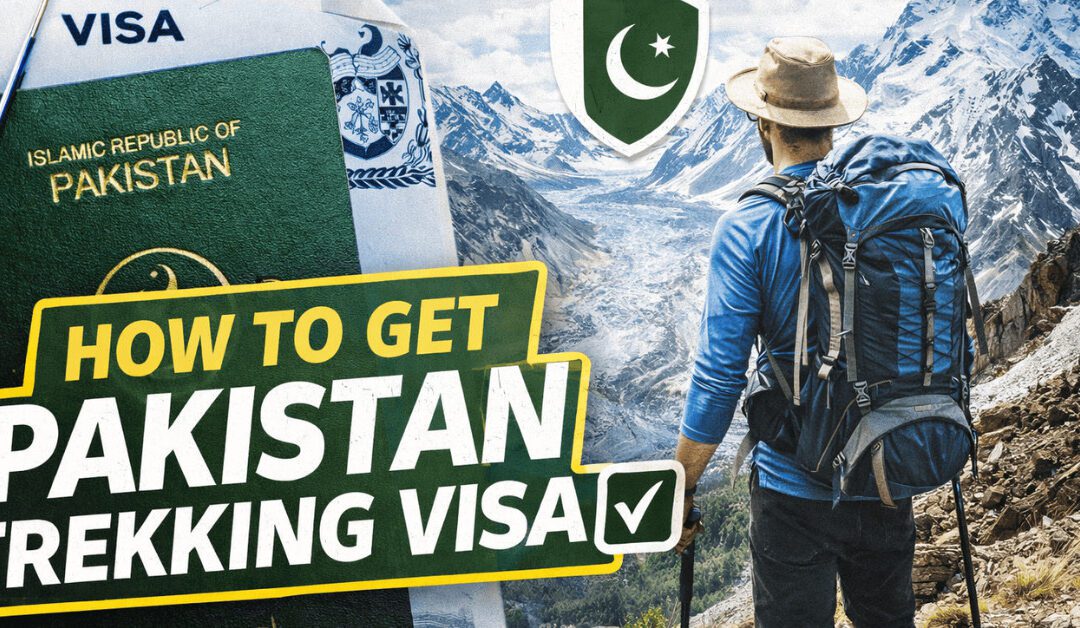
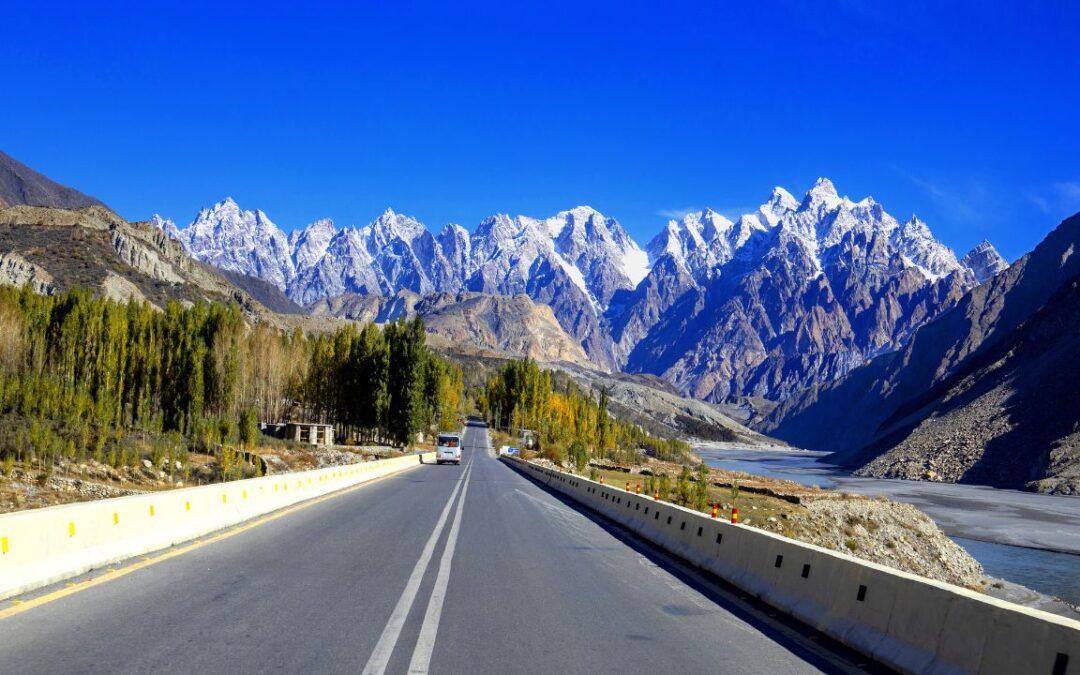
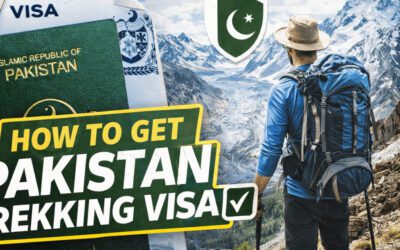
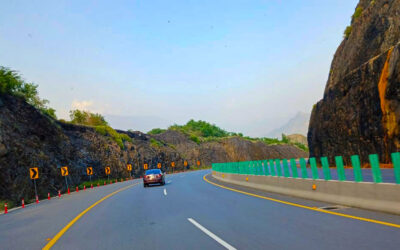

0 Comments